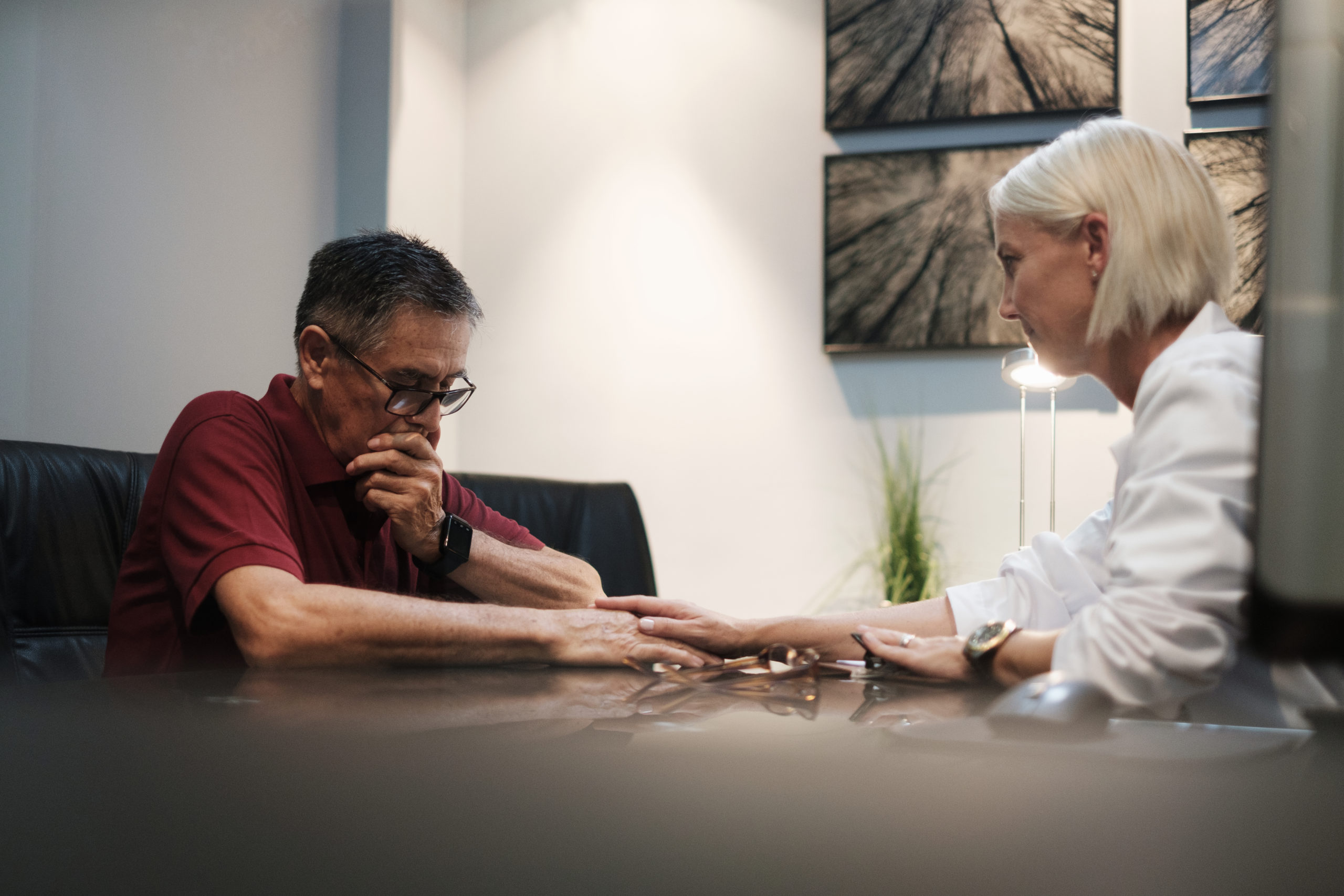It’s been over two decades since tragedy struck my family in 1996 when my oldest daughter, Jenna, died while studying abroad. At age 21, her life was just beginning. And I was crushed. Every cell in my being turned inside out and I could not imagine going on. Everything had been lost… or so it seemed.
I’ve spent every day of those years learning what it means to start over when you’ve lost everything. It took every ounce of strength, faith, love, and support that I had to survive, and to find a path for going on. I can now say that not only have I summoned the strength to do so, but I’ve found a way to honor and stay connected to Jenna, fight my way back into life, and feel joy once again. My heart is still broken, and I will forever mourn the fact that Jenna did not get to live out her remarkable life. But I am also whole. Broken and whole. I’ve somehow made my life an expression of love, not despair.
Watching as insurmountable losses have, and continue to be, experienced by people around the world as a result of COVID-19’s impact – people whose lives have been turned inside out and upside down, I imagine countless thousands of them feel the way I did. Standing in the ruins of their lost family or friends, their businesses, life savings, way of life, their lives as they have known them are forever changed. But as the shock begins to wear off and reality sets in, they will begin to take stock of what they’ve lost. Some have lost loved ones. Others have lost their businesses and are facing the painful reality of starting over with nothing. My heart aches for them.
The questions “What can I do?” and “How can I help?” have arisen in compassionate hearts who have turned compassion into action through various forms – whether it’s supporting your local businesses by shopping in their stores (or online), maintaining subscriptions or memberships to places even when they are closed, or donating time, money or supplies to those most in need.
In addition to generous donations, there are even more things we can do to spread love and support to our fellow Americans. Here are a few of them:
- Be empathetic and patient with those who have suffered “life losses” and “living losses.” In the early stages of grief, we’re very raw—and distraught beyond reason. This makes us very difficult to be around. We don’t want help; we just want our lives and possessions and loved ones back. Listen empathetically. Be a source of encouragement. But DO NOT say or do anything to put a positive (religious or psychological) spin on what has or is happening.
- Suspend your judgments; and check your opinions, criticisms, impatience, and politics at the door. Open your heart and show kindness. People are suffering and in need of support, not judgment.
- Show understanding and compassion. The future these people had envisioned for their themselves, their children, and their families has been forever altered, or is in great peril. They’re in need of understanding.
- Roll up your sleeves, pitch in, and help. Do whatever is within your ability and means. This may include volunteering your time at a food bank, making a donation, or mobilizing a group of people to participate in
- Help those in your own community who are suffering from living losses, be it the result of illness, COVID-19, homelessness, alcohol or drug abuse, mental illness, Alzheimer’s, ALS, or cancer. You don’t have to be Mother Teresa to walk with and beside people who feel they’ve lost everything and are broken—as I was in 1996. Whether those in need are in a state of hopeless despair or doing everything in their power to stay afloat, you can provide life support and give them a second chance . . . and have a profound influence on their lives.
Rising out of the floodwaters to higher ground and fighting our way back to life is perhaps the greatest triumph of the human spirit. So is turning compassion into action. Both of these things happen one breath and step at a time.

